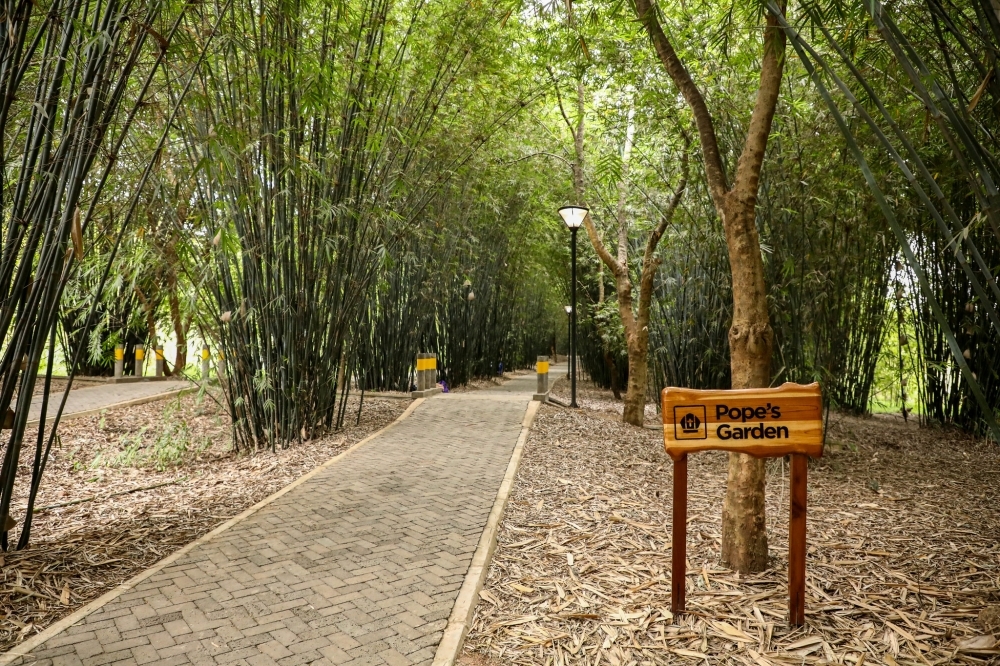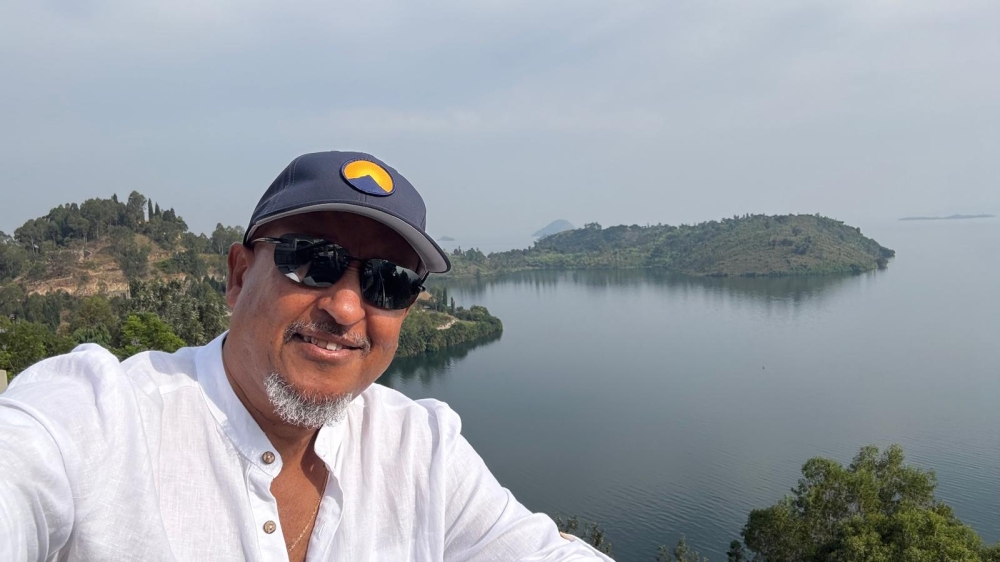Amajyambere- development is one of those common words that is misunderstood. Mostly it is confused with economic growth and wealth creation. The clichés we use to describe various states and levels of countries’ development attest to this… and leave a lot to be desired.


Amajyambere- development is one of those common words that is misunderstood. Mostly it is confused with economic growth and wealth creation. The clichés we use to describe various states and levels of countries’ development attest to this… and leave a lot to be desired. For example, there are developed and underdeveloped countries. Then there are first world and third world countries (for some reason nothing much is said about second world countries). Apart from being a clear misnomer, all these denote an assumption of linear progression/growth in development. And we treat them as a given (a factual and Biblical truth).Development: the re-organization and re-orientation of entire political and socio-economic systems is, as the definition indicates, a rather wide and complex issue indeed. It would be foolhardy, for example to presume that a county that is economically well off, is socially better off than its poorer counterpart. It is equivalent to saying that a rich man is happier and has children who are better behaved than a poor guy!The economic bit is the easier aspect of development to measure. But even here, linear progression; a situation where something progresses from one point or state straight into another is still a bit of a stretch. This straight-line progression as opposed to the non-linear progression (where progress or development from one stage to another is neither smooth and nor logical) is perfect, but only for theoretical analysis.Linear progression assumes that when Kigali grows up it will become New York or at least a clone of that great city. Nothing could be further from the truth.Each person, city or country is unique and has unique circumstances that make them tick. In Rwanda, for example, there is great attachment to family and everything family like marriage, birth, death, naming and the rest. This is different from the American way where there is more emphasis on the individual. From this background alone, the growth paths of a Kigalian New Yorker will be very different.Other circumstances also determine growth. Economic growth is a function of consumption, savings and investment. Your habits around these three things affects how far ahead you can get. People who consume much more and save much less don’t get very far (no, there is no such thing as fake it till you make it!) Investors run the country. Our collective habit around consumption, savings and investment will determine our level of development.In addition to these, there is the question of production and its associated productivity. You can only spend what you have. What you have is determined by the resources at your disposal and your eagerness, resourcefulness and determination to exploit the same (productivity). Productivity is especially critical. You can (lierally) have gold and diamonds under your feet and still be poor! You must exploit them. The same goes for all other resources. For some reason, unproductive people tend to be huge consumers. A tragic paradox that has examples littering our region.It is very rare that two people would have identical habits, thus, it is impossible to find two communities that behave talk, act or thing in the same manner.In our part of the world, your growth is supposed to benefit those around us. This is a very noble cause in deed. But it also calls for everyone pulling together. Kenyans call it the Harambee spirit. Everyone must play their respective roles well. No exceptions. We tend to have too many people with a recipient mentality. We must change this as it is not sustainable (socialism’s fall attests to this). Even the Bible says it is better to give than to receive.One thing is clear; Kigali will never be New York. It will get to that league but it will reflect who we are then and could only be similar in some broad ways. The good news is that it is better this way. The question is what do we want to make it to be? How far do we want Rwanda to go?It is up to you and me. We must each play our roles and play them well. Happy New Year!




